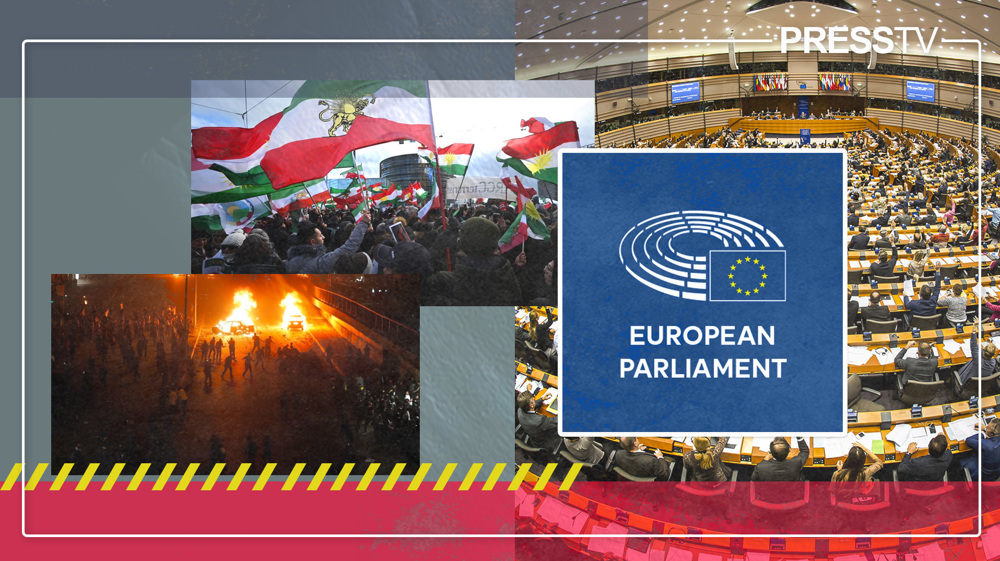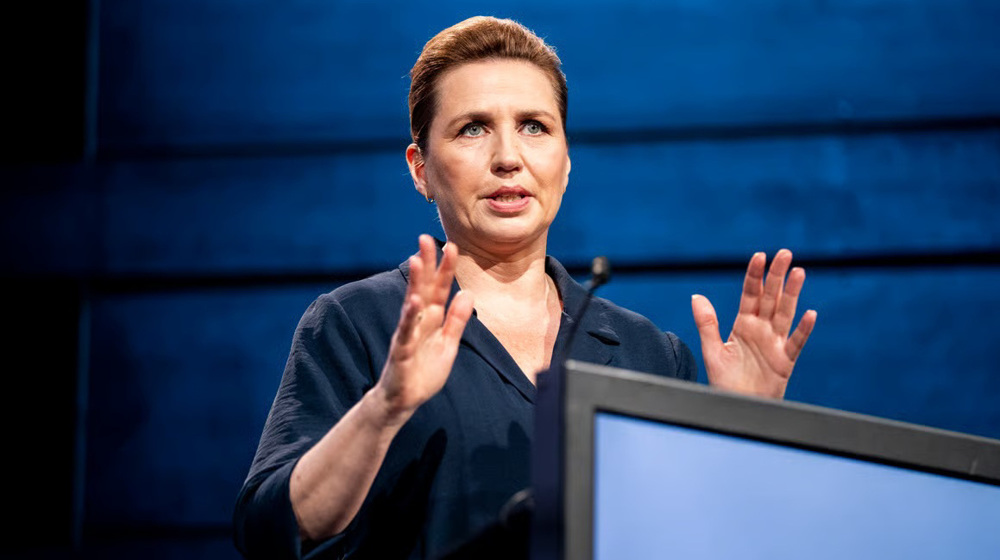EU suggests it cannot rely on NATO, may be mulling new armed force
The European Union (EU) has released a strategy document that suggests the bloc can no more rely on NATO for the provision of security, stressing the need for a “more credible European defense.”
The 60-page document, titled “Shared Vision, Common Action: A Stronger Europe,” has reportedly been drafted by Federica Mogherini, the EU’s security and foreign policy chief, and seeks to lay out a new global strategy for the bloc at a time when the “purpose, even existence,” of the EU “is being questioned.”
“As Europeans we must take greater responsibility for our security. We must be ready and able to deter, respond to and protect ourselves against external threats,” the document reads.
“While NATO exists to defend its members — most of which are European — from external attack, Europeans must be better equipped, trained and organized to contribute decisively to such collective efforts, as well as to act autonomously if and when necessary,” it adds.
Referring to perceived threats from Russia as well as acts of terrorism within Europe, the document goes on to call for greater “autonomy” from NATO.
“An appropriate level of ambition and strategic autonomy is important for Europe’s ability to foster peace and safeguard security within and beyond its borders,” it reads.
The strategy document then calls for a new form of defense strategy but does not provide specifications, merely calling for “investment in security and defense” by EU members and “defense cooperation” among them.
It urges bloc members to “systematically encourage defense cooperation and strive to create a solid European defense industry, which is critical for Europe’s autonomy of decision and action.”
The document was presented to the bloc’s leaders at the European Council meeting on June 28.
“Our Union is under threat. Our European project, which has brought unprecedented peace, prosperity and democracy, is being questioned,” it further reads, in an apparent reference to the surprise move by the UK to vote for leaving the EU and further concerns on the part of the bloc over a domino effect on other members.

In a referendum on June 23, a rather narrow majority of British voters, more than 17.4 million people, opted to leave the EU. The Brexit vote sent shock waves through the political and economic sectors of both the UK and Europe. It also led to the announcement of the resignation of British Prime Minister David Cameron, who had campaigned extensively for the UK to stay in the EU.
The statement echoes earlier remarks by EU officials on the necessity to form a specific armed force.
“We need a common (military) headquarters and a coalition (of EU countries) acting in accordance with the permanent structural cooperation of the EU Treaty,” said Elmar Brok, the head of the European Parliament Committee on Foreign Affairs, last Sunday. “From such a group an EU army could eventually emerge.”
Back in July 2015, EU Commission President Jean-Claude Juncker also called for the creation of a united European army.
Trump threatens Iraq over ex-PM Maliki’s return
VIDEO | Tehran tax administration building destroyed in organized arson, explosion
National unity will block threats to Iran’s territorial integrity: Intelligence minister
VIDEO | Israel-US scheme for Gaza
VIDEO | Iraqi parliament delays vote to elect new president
VIDEO | Gaza City still thirsty due to Israeli attacks, restrictions
VIDEO | Yemen discloses 'Red Sea Missile' amid shifting regional deterrence
Iranian drone swarms pose ‘credible threat’ to US naval assets: Expert










 This makes it easy to access the Press TV website
This makes it easy to access the Press TV website